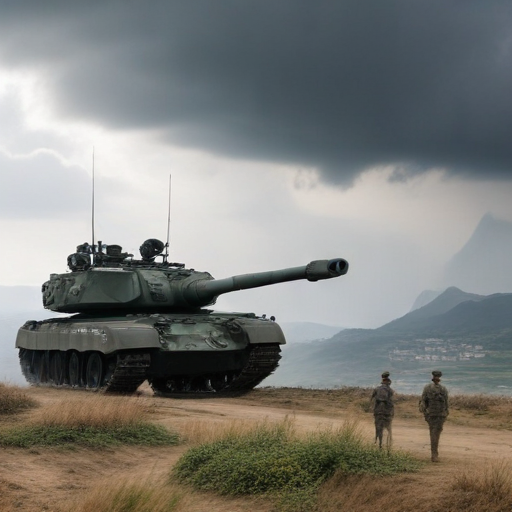South Korea’s military, historically viewed as a symbol of order and discipline after decades of efforts to refurbish its image, faced significant scrutiny following a recent parliamentary hearing. The trigger for this investigation was a brief martial law enacted by President Yoon Suk Yeol earlier this week, which quickly led to a political crisis and mass protests across the nation.
In the hearing, General Park An-su, the Army chief of staff, candidly admitted to legislators that the military was not adequately prepared for the situation, attributing the disorder to the hasty implementation of the martial law order. His statement highlighted a lack of clarity and organization within the military leadership during this critical moment, which has unsettled the public and cast doubts on the military’s current capabilities.
This extraordinary event began when President Yoon’s decree was issued late Tuesday, catalyzing widespread outrage and the mobilization of thousands of citizens demanding accountability. The backlash resulted in the president retracting the martial law within just six hours, underscoring a rapid shift in public sentiment and the administration’s response to discontent.
As South Korea emerges from this tumultuous episode, it serves as a reminder of the importance of transparent communication and readiness within governmental structures, particularly in moments of crisis. The situation provides an opportunity for the military and government to reassess their preparedness protocols and strengthen their relationship with the public, fostering a more robust and resilient democratic society.
This incident may also pave the way for necessary reforms and a renewed commitment to upholding democratic values, ensuring that the lessons learned here propel South Korea toward a more stable and accountable future.
